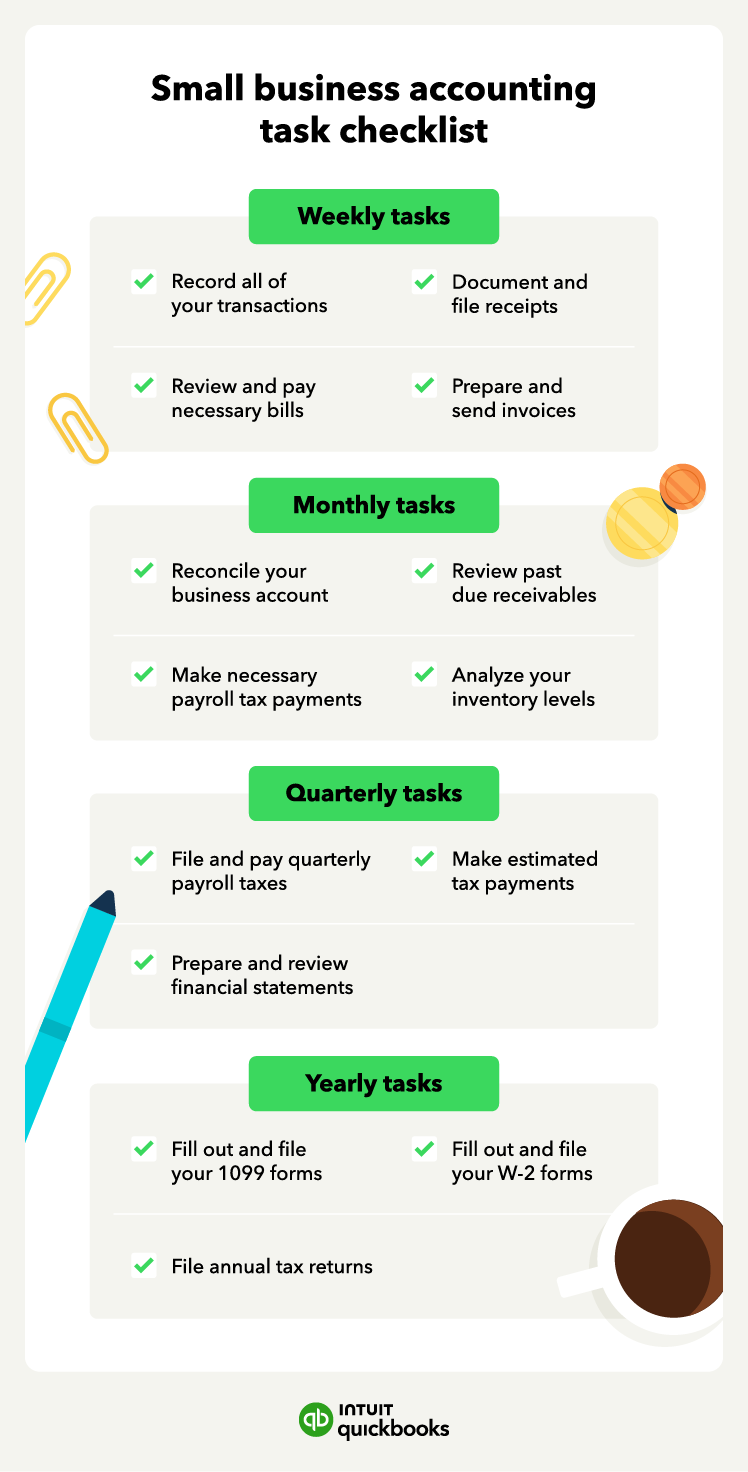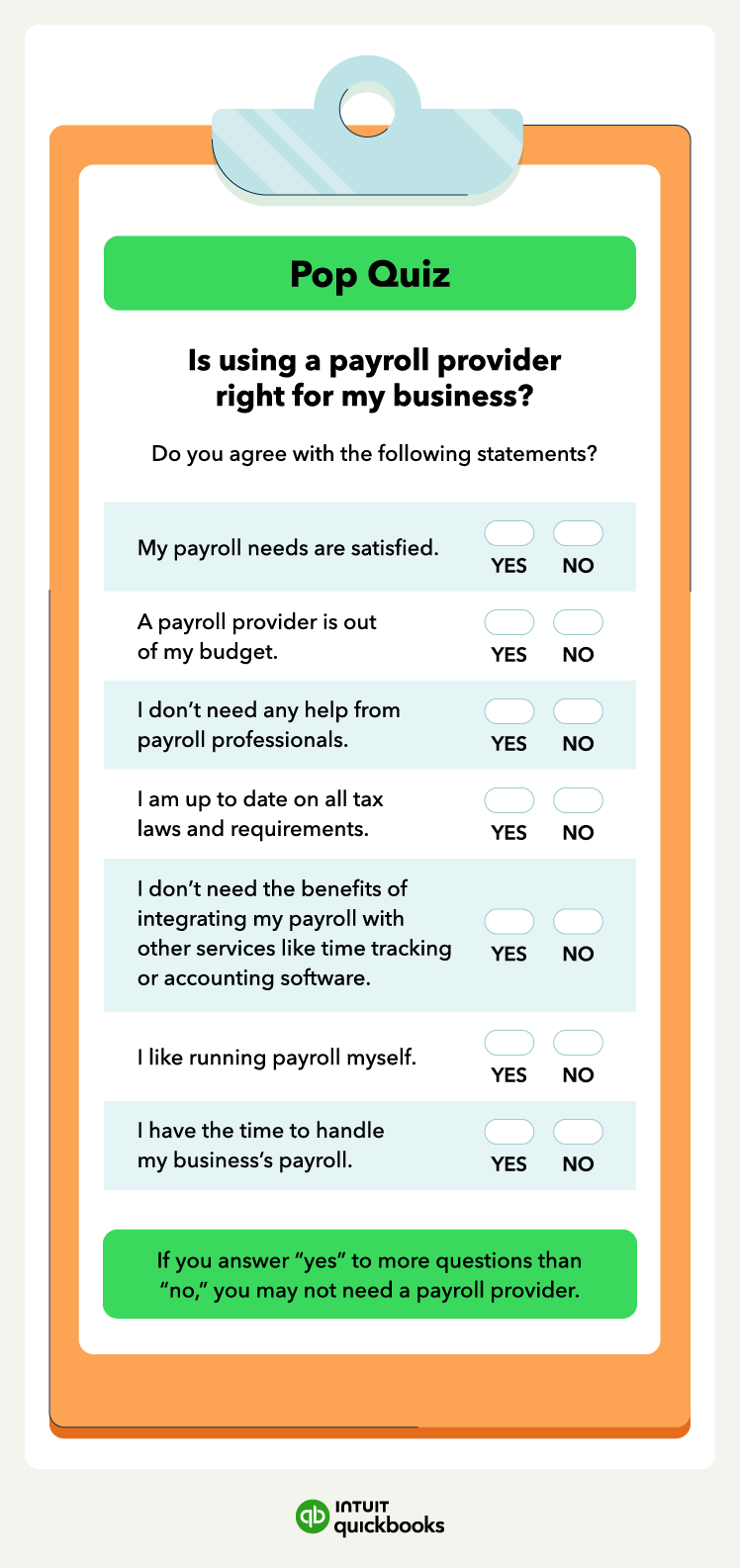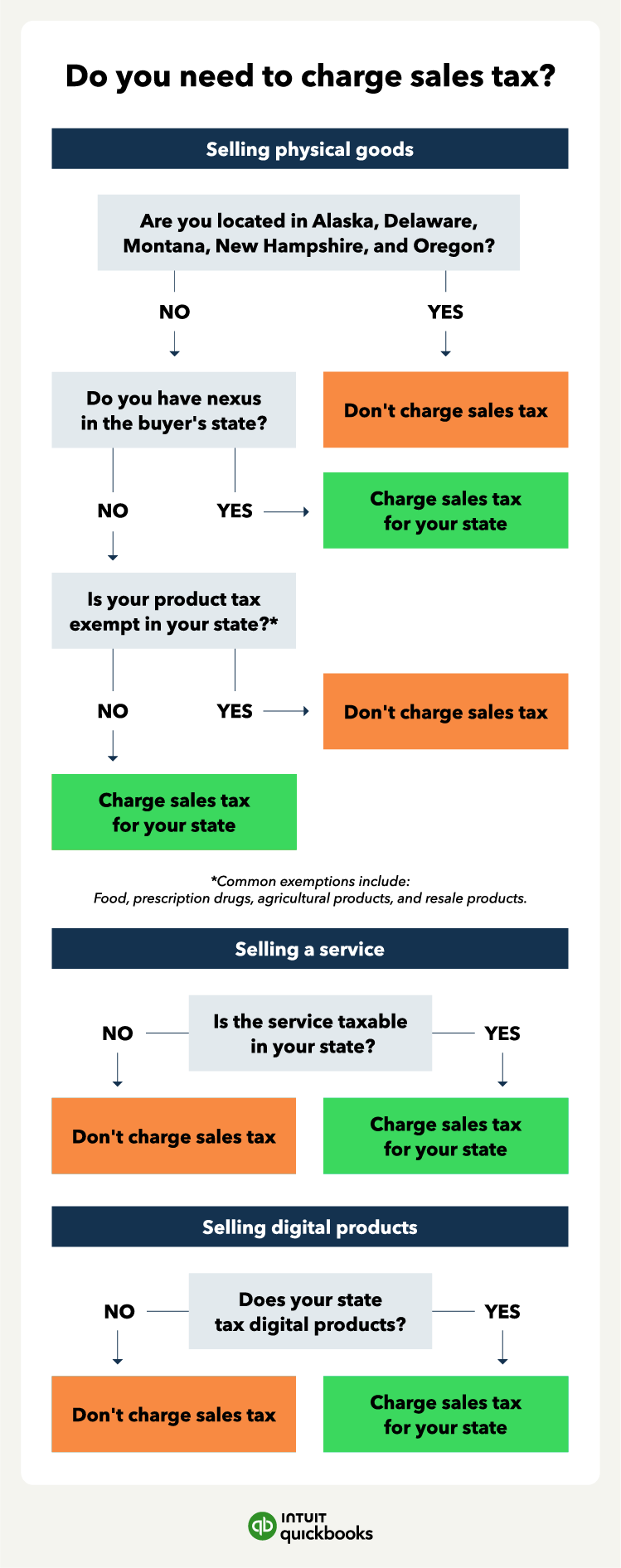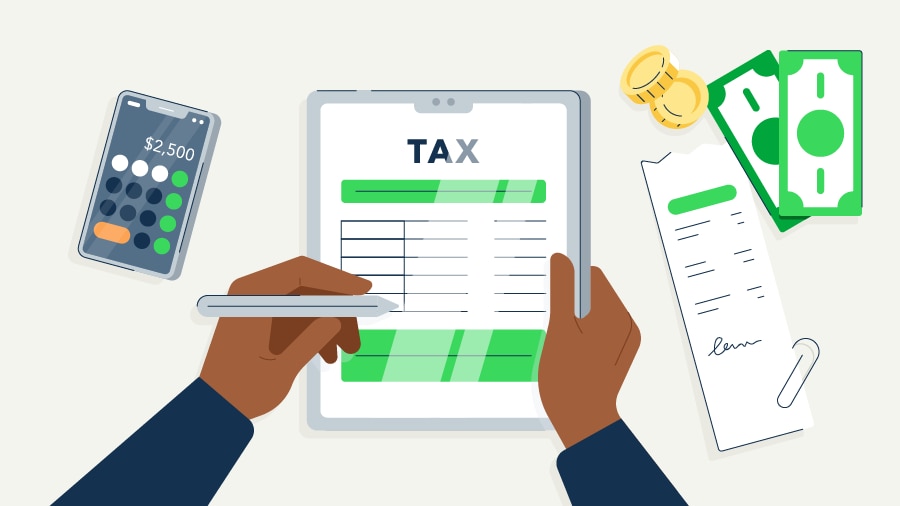What is small business accounting?
Business accounting is the process of gathering and analyzing financial information on business activity, recording transactions, and producing financial statements.
Ever feel like your business finances are too time-consuming? Pulling your focus from the things you love about running your company. You're not alone. However, understanding the basics of small business accounting can help you find growth or money-saving opportunities for your business.
Many small business owners manage their own accounting to save money. If you’re in the same boat, you must have a firm grasp of business accounting basics. Let’s look at the importance of proper bookkeeping and key tips for managing your accounting:
7. Reconcile your business bank account
11. Prepare and review financials
12. Review and pay quarterly payroll taxes
13. Review long overdue receivables
14. Take stock of your inventory
15. Fill out and file IRS forms
Business accounting is important for a variety of reasons, and knowing business accounting basics can make it easier to make forecasts, generate invoices, complete payroll, and file taxes:
While accounting may not be what motivates you to go to work every day, it’s likely something you’ll encounter whether you do it yourself or outsource to an accounting firm. There are weekly, monthly, quarterly, and annual accounting tasks you need to complete to ensure your business’s success.
Let’s look at the key tips for small business accounting and how often you should do them:

1. Record transactions
How often: Weekly
You’ll want to gather and record all your transactions, usually weekly, but you can do this daily or bi-weekly, depending on your volume. This includes recording revenue such as product sales and expenses like purchasing supplies.
Although recording transactions manually or in a digital spreadsheet is acceptable, it’s easier to use small business accounting software like QuickBooks, which can integrate seamlessly with your bank account.
2. Document and file receipts
How often: Weekly
After recording transactions, you’ll want to keep copies of your invoices and all receipts. While tossing receipts in a box might seem tempting, it leads to chaos at tax time.
Unless you have a very small volume of transactions, it’s better to organize separate files for assorted receipts weekly or as they come in. Most accounting software lets you scan paper receipts and avoid physical files altogether.
3. Pay vendors
How often: Weekly
You should have records or folders for each vendor that include billing dates, amounts due, and payment due dates. If vendors offer discounts for early payment, you may want to take advantage.
Track your accounts payable and keep enough funds to pay your suppliers on time to avoid late fees. Whether you make payments online or drop a check in the mail, keep copies of invoices sent and received using accounting software to make things easier during tax time.
4. Prepare and send invoices
How often: Weekly
You’ll want to do invoicing weekly in most cases, although some businesses may invoice monthly or as they make credit sales. Either way, be sure to include payment terms.









